Turmeric
You have probably got some of this hanging out in the back of your kitchen cabinet or spice rack gathering dust and waiting on you to cook up that Indian or Thai dish you make about twice a year. What you probably didn’t realize is what a powerful and storied nutraceutical turmeric is. As one of the most important spices of the Indian subcontinent, it has been used in their religious and medical practices for almost 3000 years. Modern medical science is confirming what India has known for all those many years; turmeric has potent pharmaceutical activity.
Most of the press has been devoted lately to the turmeric’s theoretical active ingredient, the polyphenol known as curcumin. Talk shows and supplement companies have recently touted the effects of isolated curcumin as a potent anti-inflammatory, virostatic, and anti-carcinogenic agent. The various proposed mechanisms for these potential pharmaceutical effects are diverse and significant research money would be required ( and rarely gotten in nutriceuticals) to pin down exactly what is going on biochemically. What is evident so far, at least anecdotally, is that whole turmeric is more effective than isolated curcumin at producing the desired pharmaceutical effects. This is probably due to the synergistic effect of the various curcuminoids and other natural compounds in the turmeric which have unwittingly been tossed aside in isolating the proposed “active compound” of curcumin. This falls in line with what we have generally seen since we have started isolating and testing various polyphenolic compounds; they generally fair much better synergistically at producing their health benefit than they do in isolation of the most “potent” supposed compound. This fact reinforces my belief in the complexity and irreducibility of our food.
For potent anti-inflammatory effects and general health, try turmeric at 1-2 grams three times daily. As always, do not begin any nutraceutical or pharmaceutical if you are on other medications without first checking with your physician or local pharmacist for potential drug interactions.

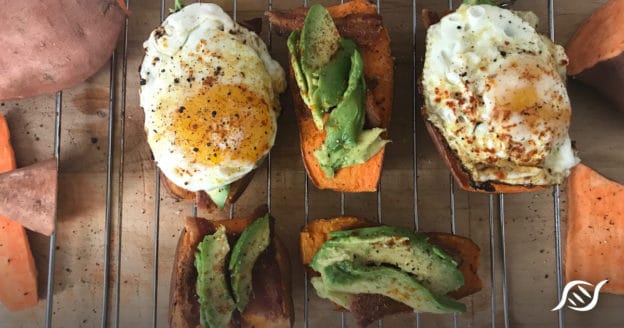

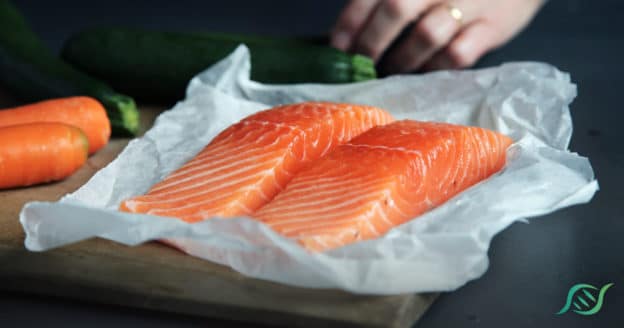
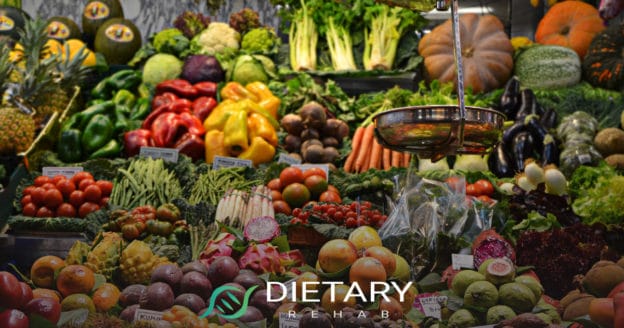
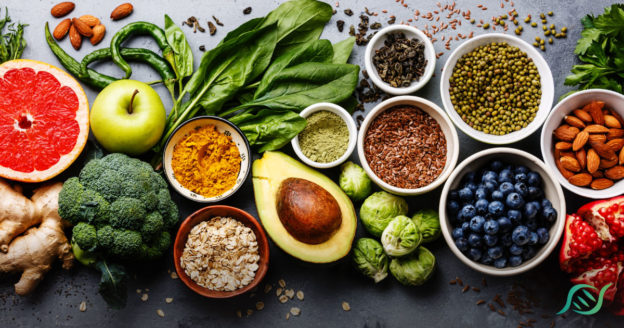

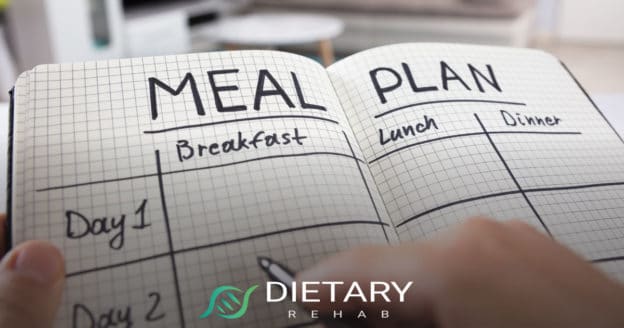
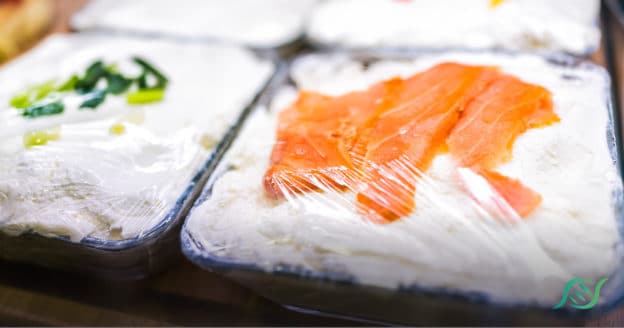

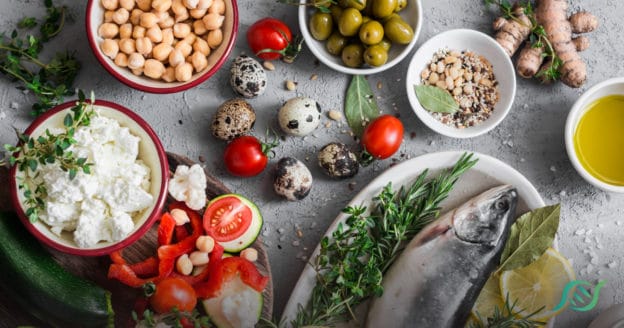

Interesting. Makes total sense as well to go for the whole spice rather than the isolated curcumin. There was a recent study done on head/neck cancers that showed 1-2g of curcumin slow or stopped the progression.
At this point, would you say both options would be a good bet or strictly stick to Turmeric?